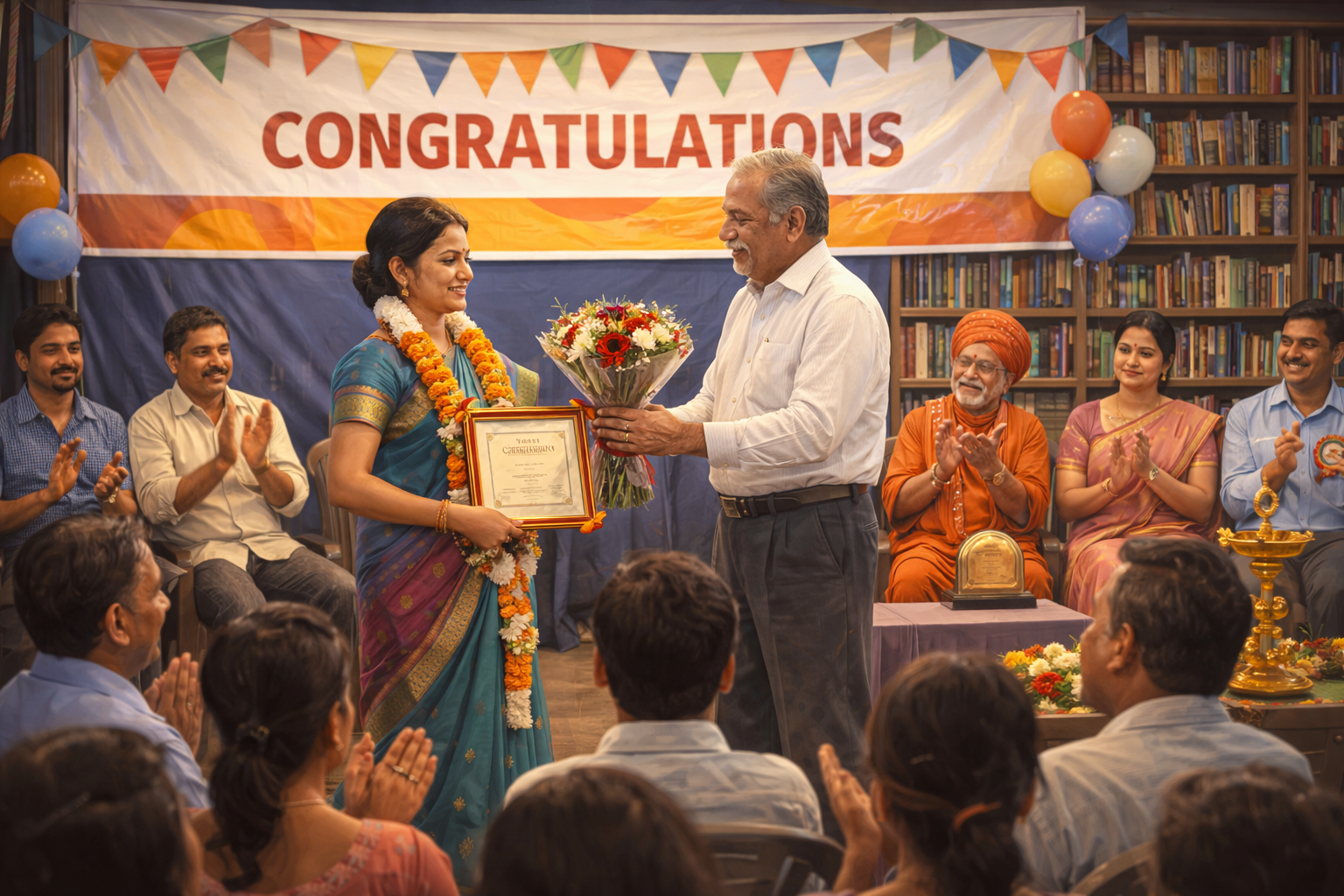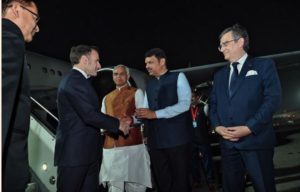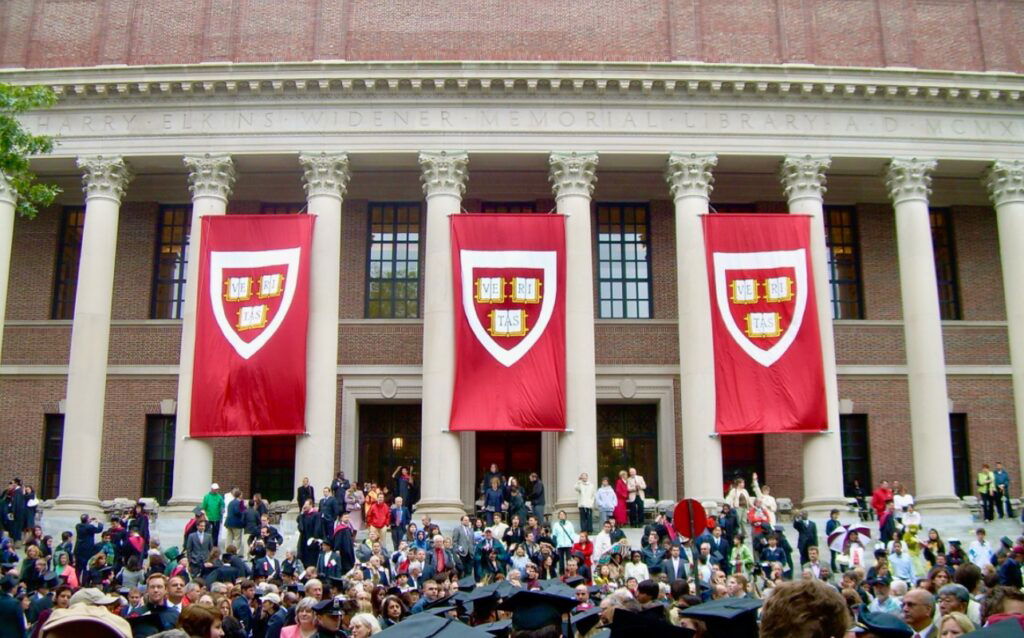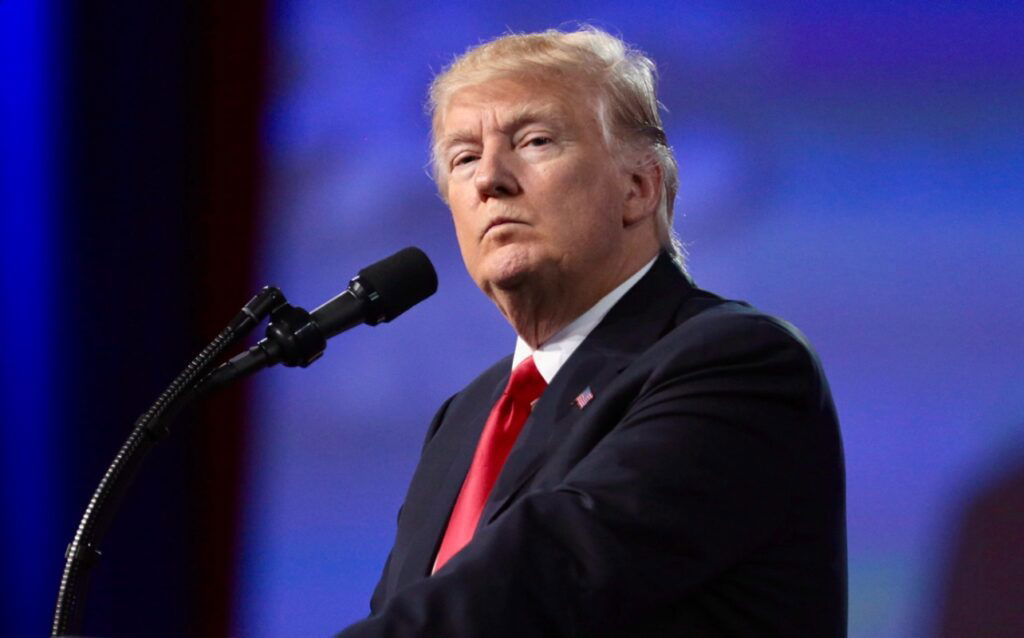Chicago and plastic bags

Dan Heath shared an interesting case study about city of Chicago’s quest to reduce the use of single use plastic bags.
The city council started with a ban on single use plastics. But, they soon realized that this was not having the intended effect. To ensure carbon neutrality, citizens would need to use a paper bag at least thrice or a cotton bag 130 times to ensure the trade-off made sense.
They didn’t.
The city council then replaced it with a 7% tax on all paper and plastic checkout bags that started in early 2017. A research team lead by economist Tatiana Homonoff found that the use of single use plastic bags went down from 80% to 50%.
As shoppers had to make a more conscious choice, many either skipped using a bag altogether or made a conscious effort to use their own.
I thought this story was fascinating for three reasons. First, it reiterates the idea that there are no solutions – only trade-offs.
Second, I love the approach the Chicago City Council took. I wish there was a central repository for city councils all over the world to learn from these experiments.
And, finally, it goes to show how hard it is to get upstream interventions right.










